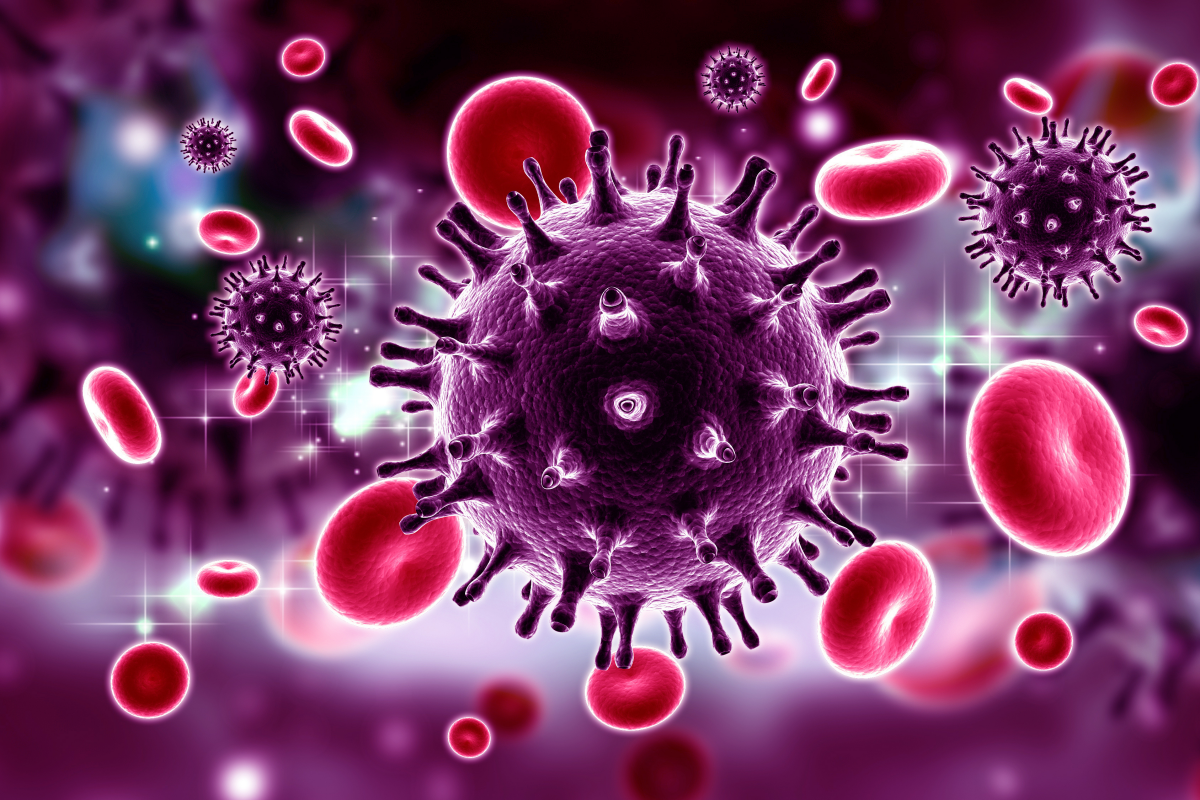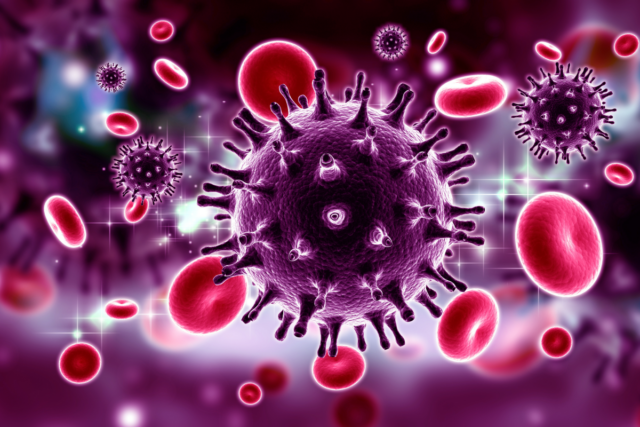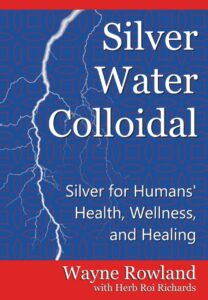When people think of HIV/AIDS, they often imagine the crisis of the 1980s and 90s, a time of fear, misinformation, and tragic loss. But for those living with HIV today, the crisis never ended. It just changed. The medications have improved, prolonging life and suffering. Granted, the death toll has slowed. But suffering, emotional, social, and legal, remains.
This is not about medical advancements or treatment protocols. This is about the people. The ones who live with the stigma, who suffer alone, who watch their loved ones taken away by courts, social workers, and outdated laws. It’s about those who are told that their lives are worth less, whether the words are spoken or not.
Most people remember exactly where they were when they heard the words: You have HIV. It’s a moment frozen in time, a mental earthquake that shakes everything.
“I sat in that little exam room, and the doctor just blurted it out like it was no big deal, ‘You tested positive for HIV.’ My ears started ringing. My hands went numb. I don’t even remember driving home. I just remember thinking; I’m going to die.” ~ Marcus, diagnosed in 2017
For many, the first emotion isn’t sadness; it’s terror. Not just the fear of the disease but the fear of how people will treat them.
“I didn’t tell anyone for the first six months. Not my parents, not my best friend. I knew the moment I said it, they’d see me differently.” ~ Anna, diagnosed in 2021
Even in the modern world, HIV still carries a stigma that is disproportionate to its medical reality. People on effective treatment with undetectable viral loads cannot transmit the virus to others, yet many are still treated as untouchables.
One of the cruelest aspects of HIV/AIDS is the loneliness. Some people don’t have to wait to die from the disease—society kills them first, through rejection, fear, and emotional abandonment.
“When I told my sister, she started bringing paper plates when she came over. Wouldn’t drink from my cups. I tried to explain how it works, but she just stared at me like I was diseased. It broke something inside me.” ~ John, diagnosed in 2013
Some experience rejection in their own homes: parents who force their children out, spouses who leave, and friends who ghost them overnight.
Even among those who are open about their status, fear lingers. Many describe the anxiety of dating again—when and how to disclose, and whether they’ll be met with compassion or disgust.
“I tried online dating after my diagnosis. When I told one guy, he literally blocked me mid-conversation. No explanation, just poof, gone.” ~ Jared, diagnosed in 2019
It’s a fear that even long-term survivors carry with them.
“I was diagnosed in 1995. Back then, it was a death sentence. I survived. But even now, in 2024, I still hesitate before telling people. Because once you say it, you can’t take it back.” ~ Michael, living with HIV for 29 years
While medicine has improved, institutional cruelty has not. Many people living with HIV/AIDS face systemic abuse, legal battles, and forced removal from their families.
Miguel was in his late 50s, living with his sister Maria, who had been his primary caregiver for years. He was doing well, eating, taking his medication, and laughing with his nephews. Then, one day, state officials arrived at their door. They claimed Miguel needed “professional care” and removed him under a court order.
“I screamed at them, begged them not to take him. I told them he was fine, that I was taking care of him. But they didn’t listen.”
Miguel was placed in a nursing home. Within weeks, he stopped eating. He wouldn’t get out of bed. The facility, understaffed and overwhelmed, barely checked on him. By the third month, he had passed away.
“They didn’t save him. They killed him. He died of loneliness. He was doing fine at home, and they took that away from him.”
This is not an isolated case. In multiple states, HIV-positive individuals have been forcibly removed from home environments under the claim of “proper care,” only to deteriorate rapidly in institutions.
In a major hospital in the South, a nurse was assigned to a patient who had been admitted for pneumonia. When she saw “HIV+” on his chart, she refused to administer his medication.
“I don’t want to get sick,” she allegedly said.
Despite hospital protocols, she delayed treatment. The patient’s condition worsened. He died within the week. His family later filed a lawsuit, but the hospital buried the case. No major news outlet reported on it.
In 2022, a man named Tyler was arrested under outdated “HIV criminalization” laws for allegedly not disclosing his status to a partner. He was undetectable and could not transmit the virus. His partner later admitted they did know but had falsely reported him out of spite after an argument. Despite this, Tyler still spent months fighting legal battles that cost him his job, his apartment, and his mental health.
In some states, simply spitting on someone while HIV-positive can lead to felony charges, despite the fact that HIV cannot be transmitted through saliva. These laws, based on ignorance and fear, continue to ruin lives.
For those who stand by their loved ones, the burden is heavy. Some become full-time caregivers, fighting an uphill battle against both the disease and the system.
“I watched my son die in my arms. And the hardest part? Knowing the world treated him like a criminal instead of a human being.” ~ Carol, mother of an HIV-positive son who passed away in 2019
Spouses face their own struggles, especially in mixed-status relationships.
“My husband and I have been together for 15 years. He’s negative, I’m positive. And yet, when people find out, they ask him why he ‘stayed with me’ like I’m damaged goods.” ~ Elena, diagnosed in 2008
Even children are affected. Some grow up watching a parent battle not just illness but discrimination.
“My dad had HIV. The other kids’ parents wouldn’t let them come over. I remember hearing one mom say, ‘I don’t want my child catching something.’ I was eight.” ~ Lucas, son of an HIV-positive father
Silver Water, a Natural Alternative for HIV/AIDS
Wayne Rowland has introduced thousands of people suffering from HIV/AIDS to his programs and his colloidal Silver Water, first as supplementation. He says that in most circumstances, those with HIV/AIDS must approach any alternative compounds carefully, starting very slow, taking small amounts, and working their way up, increasing dosages as they become more tolerable.
Alone, Rowland’s Silver Water is harmless to the condition, as it has been deemed as safe as water. In fact, it is authorized as an alternative drinking water. So, that is the best place to start. Then, he integrates his Disease Symptom Elimination Program, which includes parasite cleansing, deworming, and detoxification, rebuilds the microbiome, and increases the immune system along the way.
Relief is wildly noticeable, if not within the first three hours, within the first week of Rowland’s regimen. Wayne Rowland maintains that the prevalence of parasites and worms is the cause of the unmanageability of HIV/AIDS. Without the heavy parasitic load and the overabundance of parasite and parasitic worm waste overwhelming the human body, the virus would be unable to proliferate. We all have been exposed to HIV, though under low or normal parasitic conditions, the human body’s T-cells can perform their function and deal with the virus, and we don’t get sick.
Rowland’s system reduces the parasitic population, releases toxins and toxic waste products, rebuilds the gut, reestablishes immune function, and begins to restore health. The body is an amazing system that can take care of itself if you give it half a chance.
Over the counter, colloidal silvers must be used with caution due to possible buildup within the body. Rowland’s Silver Water is decidedly different in how it is manufactured compared to other colloidal silvers. Silver Water starts as purified rainwater stuck by Tesla-generated lightning on a giant bar of the purest silver, which is then infused with Rife healing frequencies. There is no other colloidal silver that is created like this. The result is the smallest nano-sized silver particles suspended in rife-frequency water.
That’s why it’s safe to drink as a healthy alternative drinking water.
Once on a regular regimen of Silver Water, it’s time to deal with the parasitic load, and Rowland’s program does the job superiorly. Once the symptoms are gone, you will find that the condition is gone as well.
This is why Wayne Rowland believes that parasites and worms are the major contributing factors to HIV/AIDS. He had a similar experience getting rid of his cancers by accidentally treating himself for parasites and worms. His story can be found in his book, Silver Water Colloidal.
Other natural alternatives may be available, but don’t wait too late to investigate them. Thanks to modern medicine, you will need some time to repair the damage that has occurred and has been permitted to continue.
You can do this.
Where Do We Go From Here?
Medical advancements have turned HIV from a death sentence into a manageable condition. But until society catches up, the suffering continues. People living with HIV/AIDS need more than medication or even Wayne Rowland’s programs; they need:
- Legal protections against discrimination and forced institutionalization.
- Public education to combat fear-based stigma.
- Support systems for those abandoned by families or the healthcare system.
- Compassion, dignity, and the right to live without fear.
The HIV/AIDS epidemic may not dominate headlines anymore, but for those living it, the nightmare hasn’t ended. And the horror stories will continue unless the world listens and changes how we treat these individuals.
Disclaimer: The statements made on this site (or in this material) have not been evaluated by the Food and Drug Administration. The products mentioned are not intended to diagnose, treat, cure, or prevent any disease. Always consult with a natural healthcare professional before starting any new supplement, dietary or exercise program, or if you have or suspect you might have a health problem.




Leave a Reply